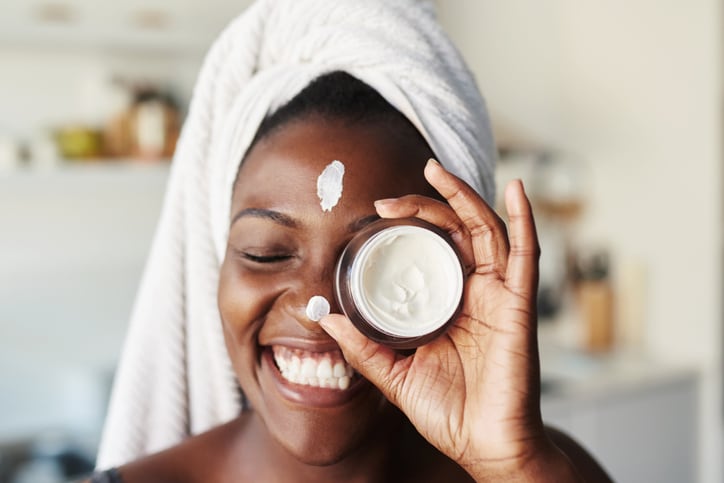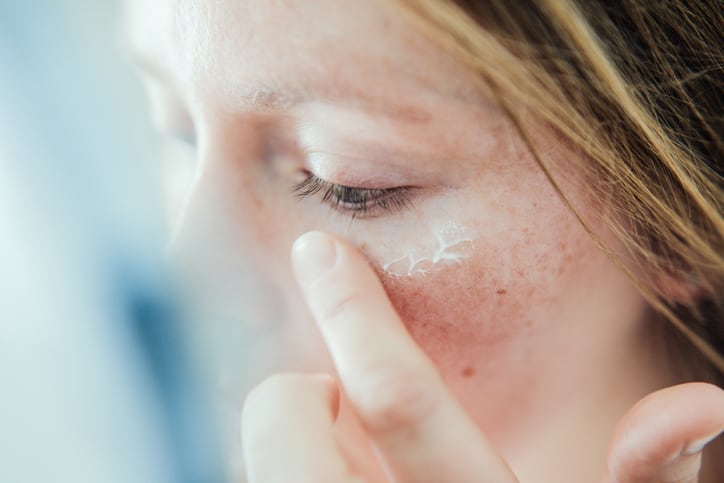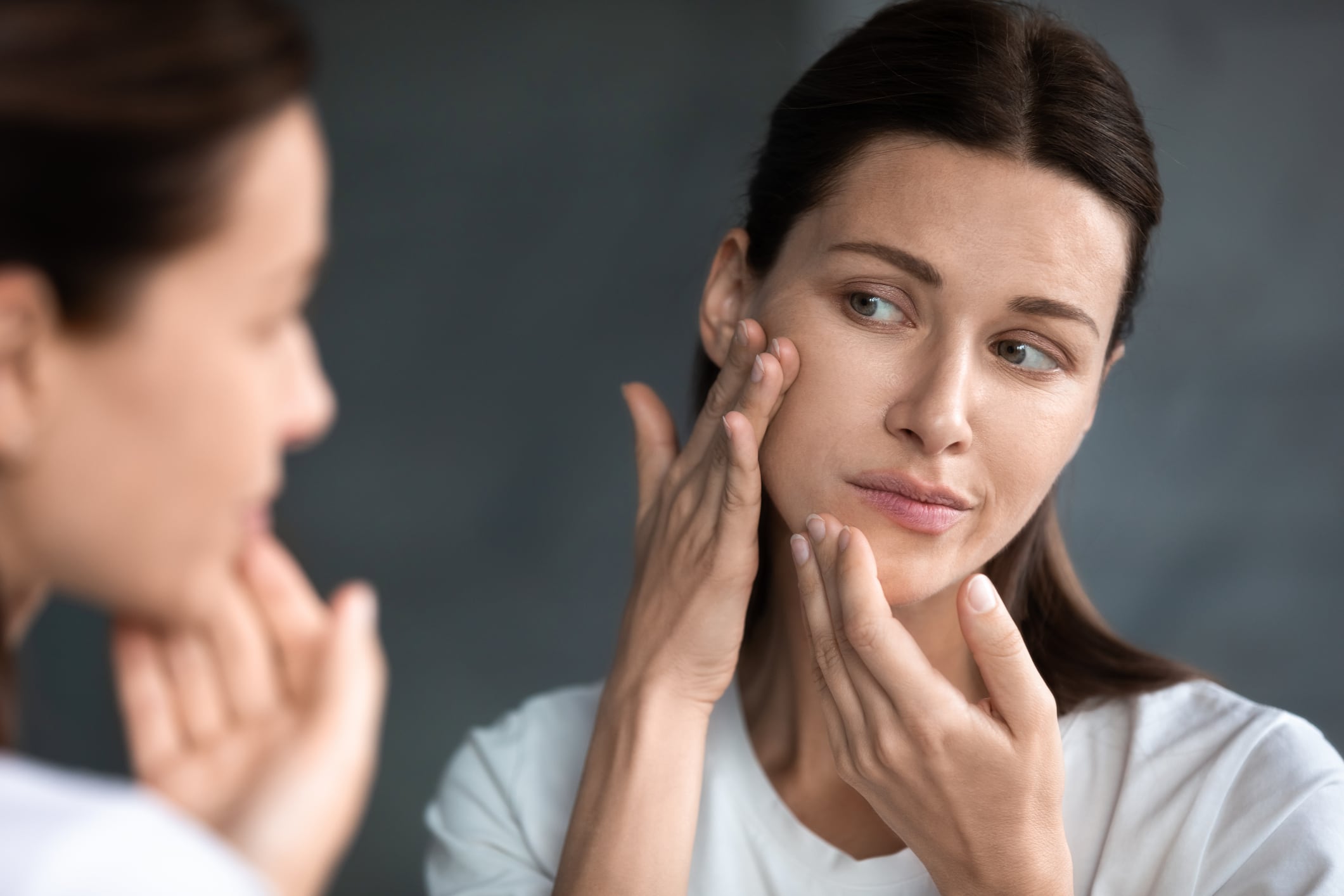Recent research conducted by Avon indicated that 40% of women aged 55+ now don’t consider fine lines and wrinkles their biggest skin insecurity, with the beauty major stating there had been a clear shift in narrative away from anti- or pro-ageing to a focus on “authentic ageing” instead.
So, what exactly had driven this shift? And how quickly might we see it take hold?
Anthony Gonzalez, director of global skin care and trend innovation at Avon, said there were a plethora of reasons industry and consumer mindsets were shifting, but COVID-19 had been a clear propellor.
Clean beauty, COVID-19 and searching for ‘the truth’
“You see the shift starting with this clean beauty revolution, and the basis of that is truth – what is in cosmetics; what works; what doesn’t? And it kind of got a little bit out of control (…) and then it became greenwashing – people jumped on this bandwagon. Then you put everyone in their homes with COVID and the internet, and the truth about everything is in that box we’re staring into now. You have this unique paradigm: a culture shift in beauty products and clean beauty, health, safety and caring about the environment and at the same time people have this unbridled access to information,” Gonzalez told CosmeticsDesign-Europe.
“…The whole ability and time that we have to really understand what we’re doing with how we care for our skin is setting this slate for products really based in scientific truth or proof-based truth. And that’s where people are now; trying to wade through that.”

Many consumers now understood there was no such thing as ‘anti-ageing’ and beauty brands like Avon had consciously shifted to offering skin care products that instead targeted specific issues associated with ageing, he said.
“If you want to be truthful with your customers and what your products can do, you’re not stopping ageing. What you’re doing is trying to make your skin as healthy as possible,” he said.
Anti-ageing to disappear as industry focuses on benefit-based skin care
Asked how quickly the notion of ‘anti-ageing’ would fade out, Gonzalez said: “I would say in two to three years, you’re going to stop seeing the term ‘anti-ageing’ and start seeing terms like ‘wrinkle treatment’ or [brands] talking about what the products are actually doing; not generic anti-ageing.”
And Avon had already started to do this, he said, working hard on the development of products that targeted very specific skin care needs like wrinkles, blotchy skin and oil control and ensuring each product offered clear, specific benefits.
Beyond this, Avon was also looking at how these products were marketed, advertised and communicated to the consumer, he said. “We’re definitely looking at all of it, and we’ve been on this journey for quite some time already (…) I’m in R&D and we work very closely on communication, advertising, marketing, materials for use in social media but it’s all based on making sure the consumer is getting what she needs from us and the benefit standpoint rather than ‘here’s this sexy new ingredient from some exotic place’.”
Gonzalez said it also seemed like many other beauty companies were shifting towards benefit-based skin care and away from anti-ageing. “We don’t really know what’s going on inside these companies but when you put this lens of a shift from anti-ageing to being [truer] to our customers, I do see that across many brands.”
But would the shift away from anti-ageing last?
The disappearance of ‘anti-ageing’ is a revolution
“I think it will,” Gonzalez said, “because part of [the shift away from anti-ageing] takes the mystery and the unknown out of treating your skin (…) When you start to classify your products for dark spots, rough dry spots, wrinkles or sagging it does make it easier. I think you’re going to get to what the truth is and see a paradigm shift of the simplicity of it.”
However, he said there remained plenty of disparity between industry knowledge and consumer knowledge and thus the transition wouldn’t happen overnight. “There’s still a lot of people who still embrace the term ‘anti-ageing’ but at the same time they do understand the concept we’re talking about – that everything that happens to our skin is not age-related. I say it’s a revolution; every time there’s a mindset shift it takes time.”
Considering the global beauty market, Gonzalez said the wider shift away from anti-ageing would likely be seen in Western Europe or the US first – “coming out of London or New York”.
“Somewhere it will hit big – we’re hoping it’s us in the US – and then it will flow out relatively quickly. Then within six months to a year, the whole world will be aware and start embracing it.”




